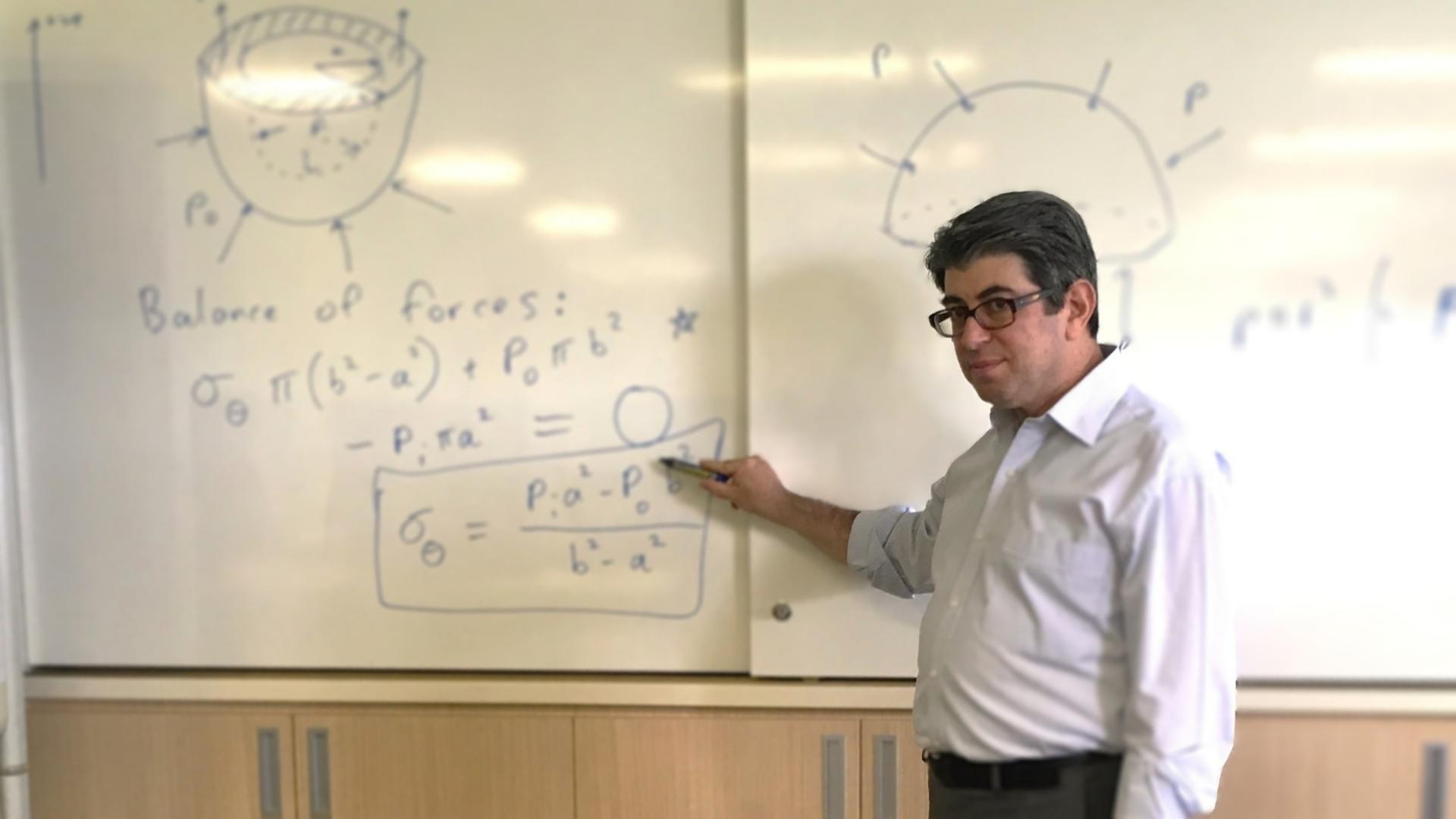What should I study when I finish high school? It’s the one question every student in Australia has to face as they get ready to embark on their tertiary education.
For Socrates Dokos, the answer was quick and easy.
The Associate Professor from the Graduate School of Biomedical Engineering at the University of New South Wales (UNSW), always knew he loved maths as a young Greek boy growing up in south Sydney.
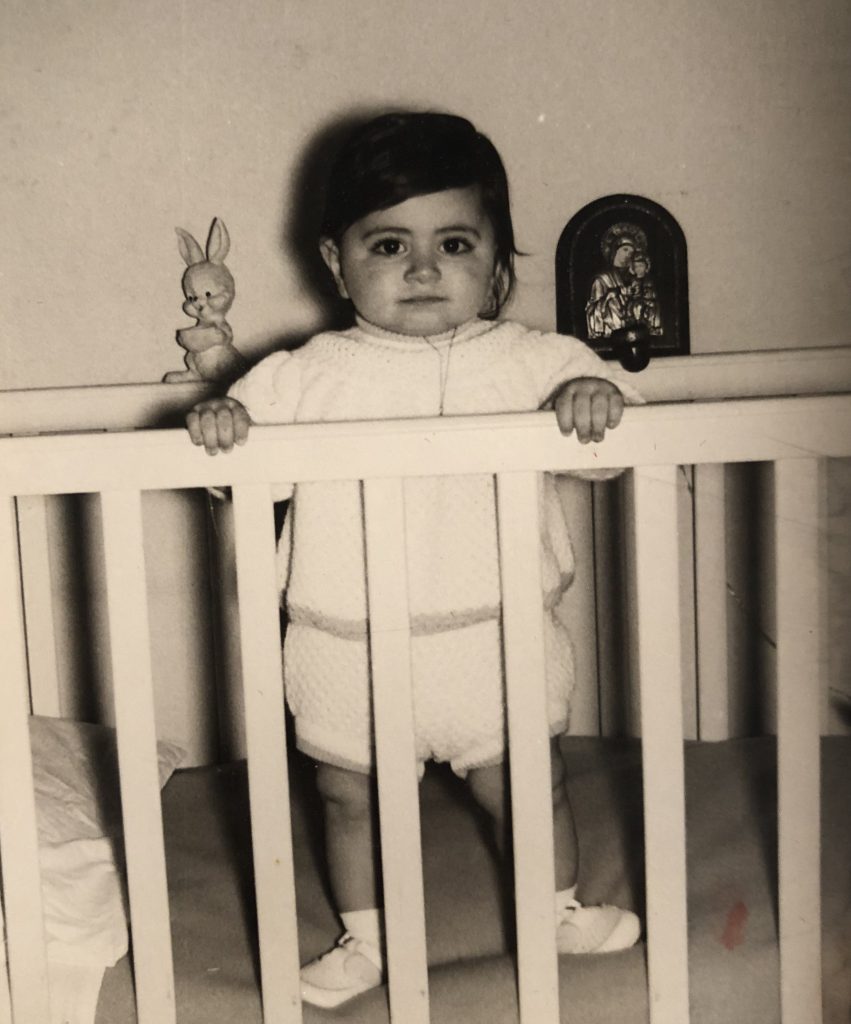
“I used to help in my uncle’s milk bar in Kingsgrove and I would always take out pieces of tissue paper and actually scribble maths problems and equations just for fun on them and solve problems that I made up in my head,” Assoc. Prof. Dokos tells The Greek Herald.
“So I knew I always wanted to do something that involved maths when I grew older. I absolutely loved it.”
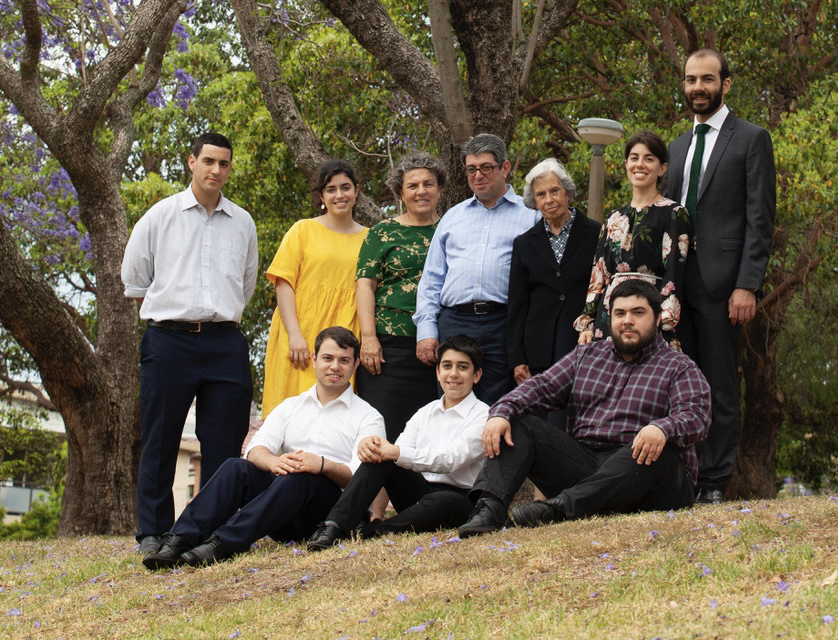
In the end, Assoc. Prof. Dokos chose to study electrical engineering at UNSW but after his third year as an undergraduate, he realised he ‘wasn’t fully happy’ because he couldn’t imagine himself ‘building electrical circuits.’
“I was in my third year walking past the laboratory of an academic and they had called their lab ‘The Biomedical Lab.’ I never knew such a thing existed,” the Assoc. Prof. says.
“I saw all sorts of anatomical models, plastic models, skeletons, all sorts of electronic equipment… and that’s when I first discovered biomedical engineering.”
Putting the engineering in medicine:
Combining a wide range of engineering disciplines with medicine and human biology, biomedical engineers work with doctors and medical professionals to develop technologies that improve and save people’s lives.
It is one of the fastest-growing branches of engineering in Australia, with recent statistics by Engineering Australia showing that close to 20 percent of women are also taking up the discipline.
“When I first started, biomedical engineering was a fairly young discipline. It was only really a thing after World War Two. But now you’ll find it in every major hospital in Australia and around the world as a biomedical engineering department,” Assoc. Prof. Dokos says.
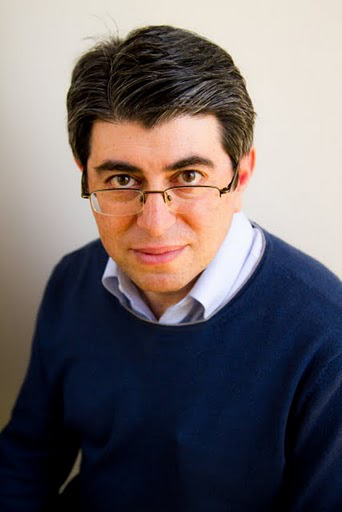
For the Assoc. Prof., his specific research interests lie in electrical stimulation of the human body and how muscles and nerves in the body respond to that stimulation.
This has seen him look closely at the human heart and work on projects such as a retinal implant for people who are blind and Electro Convulsive Therapy (ECT).
“One of the projects I’m involved with is ECT. This is basically where you can put little electrodes on the head of a patient and deliver very brief bursts of electrical current to stimulate the brain,” Assoc. Prof. Dokos says.
“This sort of therapy has been quite amazing in treating patients with severe depression for example… but we don’t know exactly why.
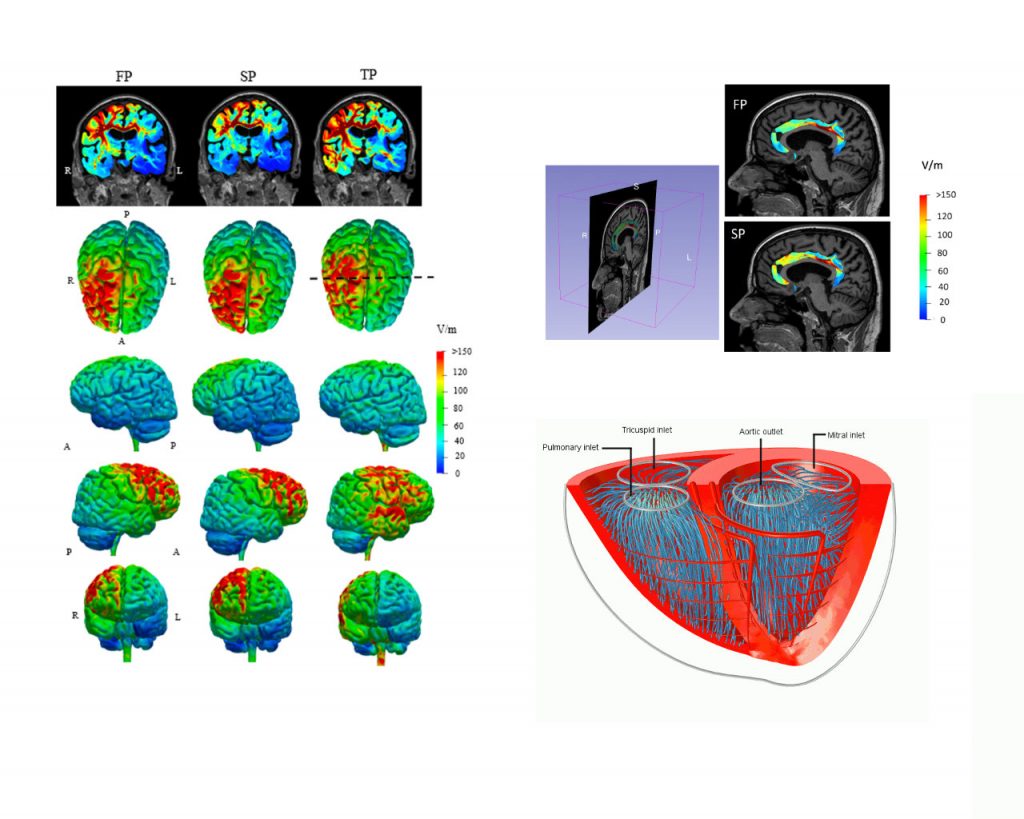
“So we scan the heads of patients with MRI scans and we build quite sophisticated computer models of their head… and we can actually visualise the flow of current for that particular patient and see which parts of the brain are actually being affected.
“That sort of research is helping us to understand why some patients respond quite well to ECT and why others don’t.”
The next generation:
Whilst this type of research is highly specialised and mathematical, Assoc. Prof. Dokos says he finds it ‘fascinating’ and he couldn’t imagine himself doing anything else.
“Working with a large team of other scientists, psychiatrists and MRI specialists for example, and being able to bring your particular expertise into an important medical problem, is quite amazing for me,” he adds.
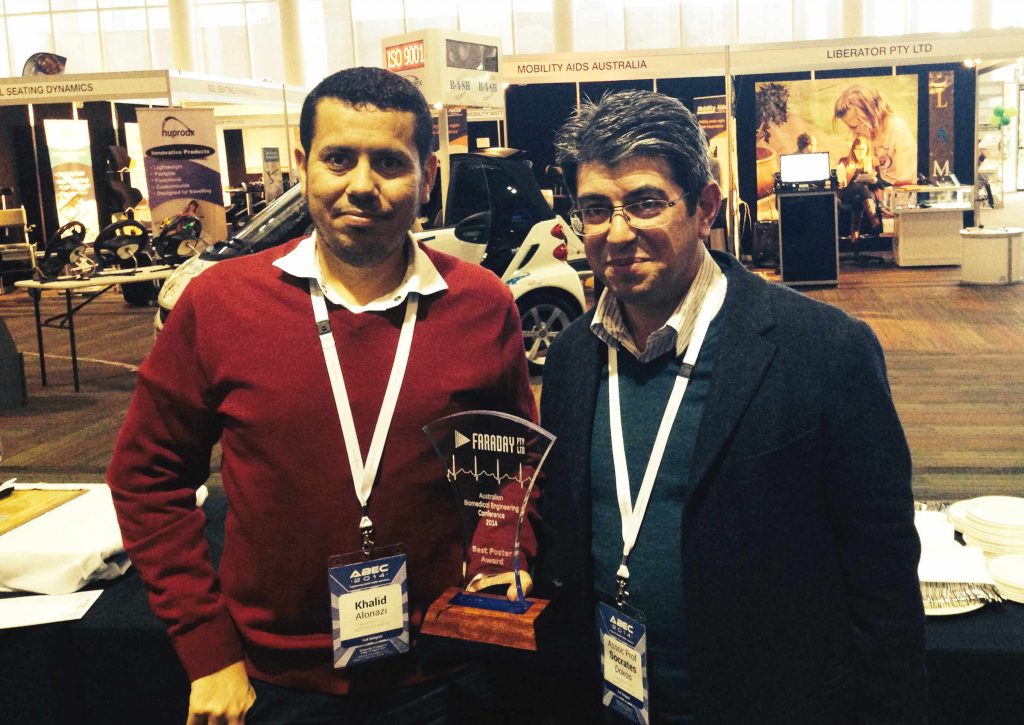
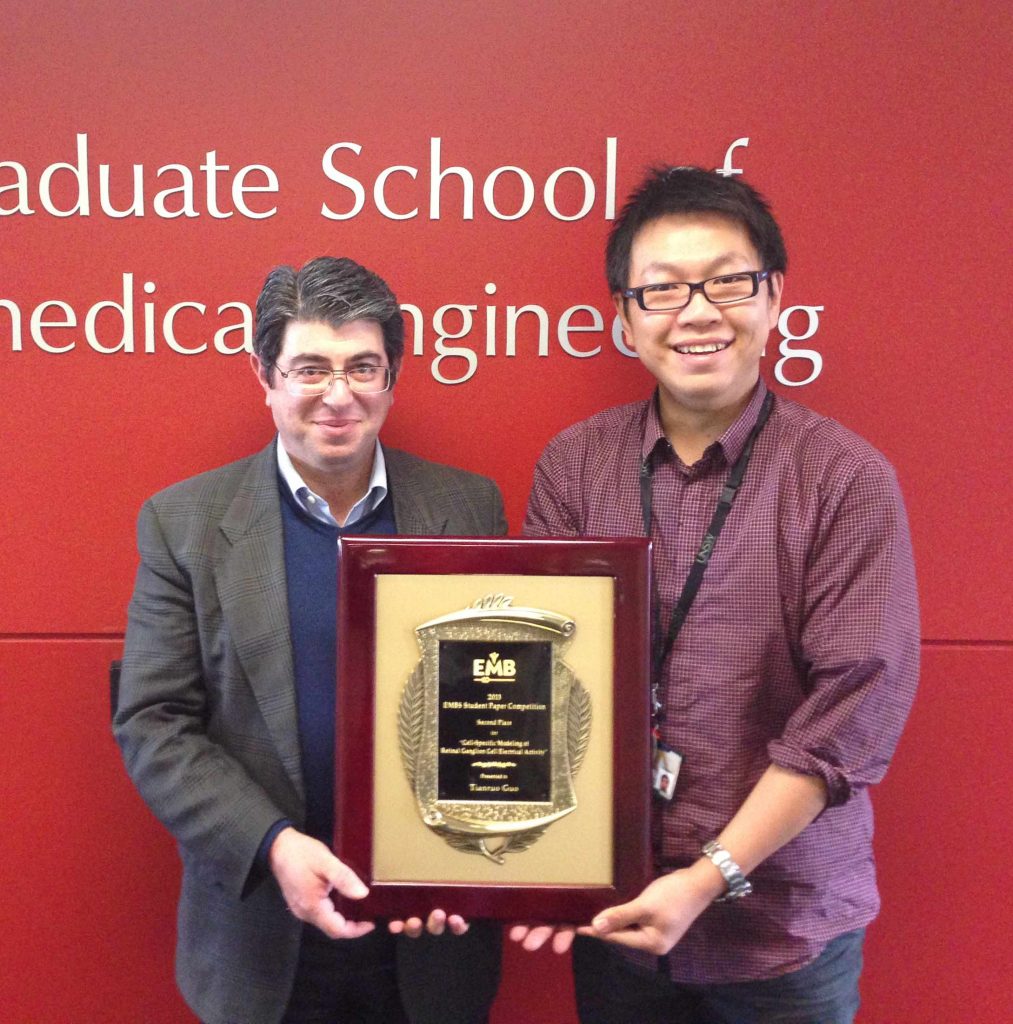
“We’re involved in projects that can help design better electrodes, better strategies for stimulating tissues, which will hopefully lead to new medical treatments and devices.”
With such glowing praise for biomedical engineering, we just had to ask the Assoc. Prof. whether he encourages the next generation to take up the discipline.
“I do encourage others [to study biomedical engineering]. I am honest with people when they ask me – the job opportunities can be limiting in the sense that all across engineering there can be a bit of a shortage,” he concludes.
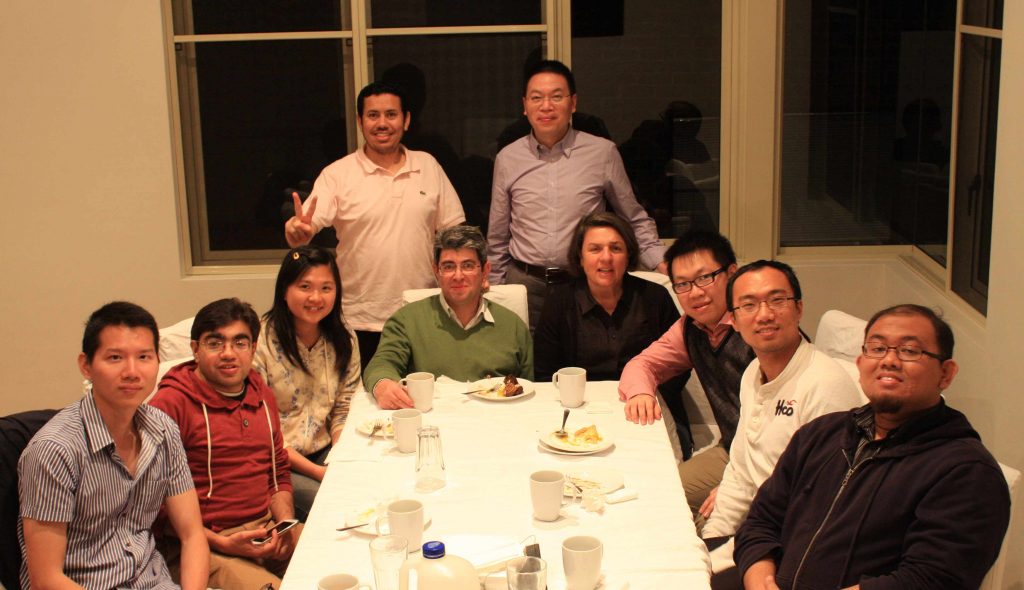
“But I think that the industry will just continue to grow. There’s just too much technology in medicine at the moment and technology, when implemented correctly, can actually have amazing benefits and results.
“So I think biomedical engineering will have a strong future.”
One which we’re sure Assoc. Prof. Dokos will continue to play a significant part in.

